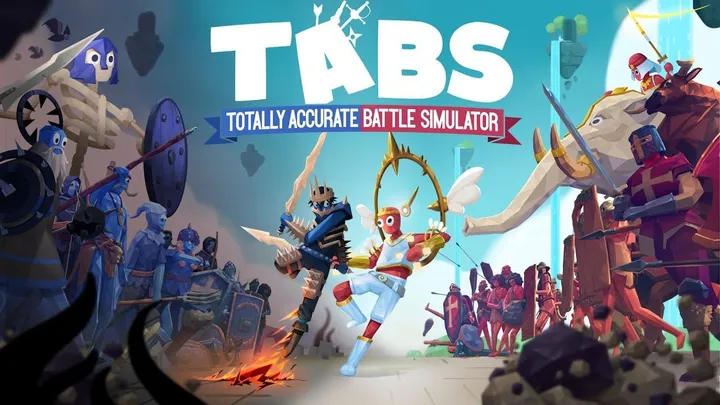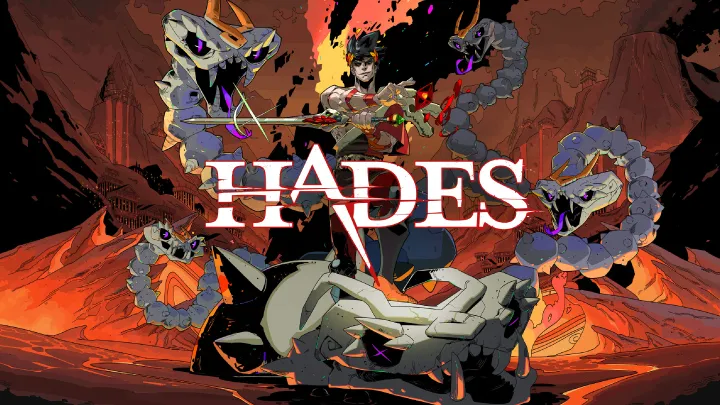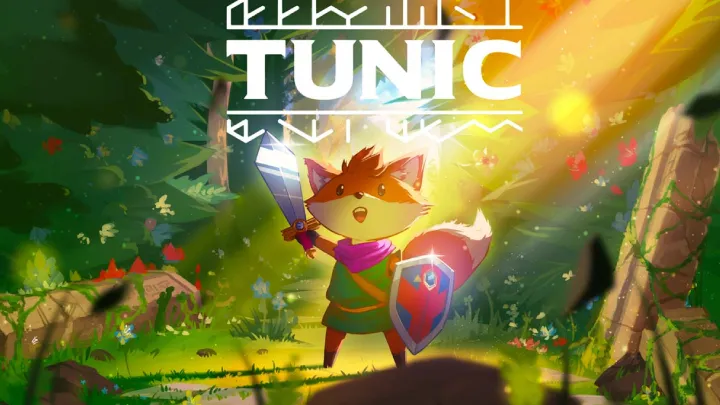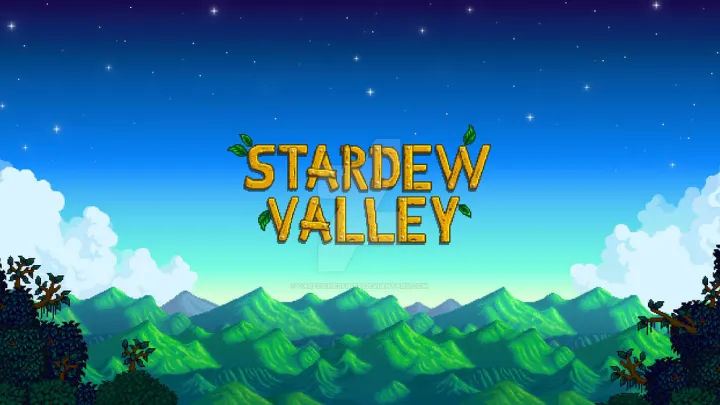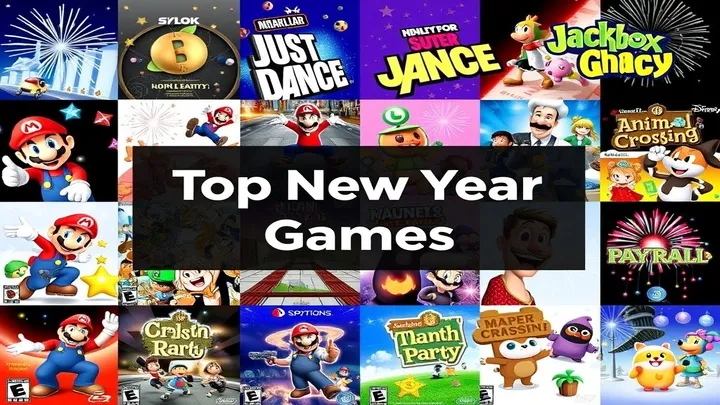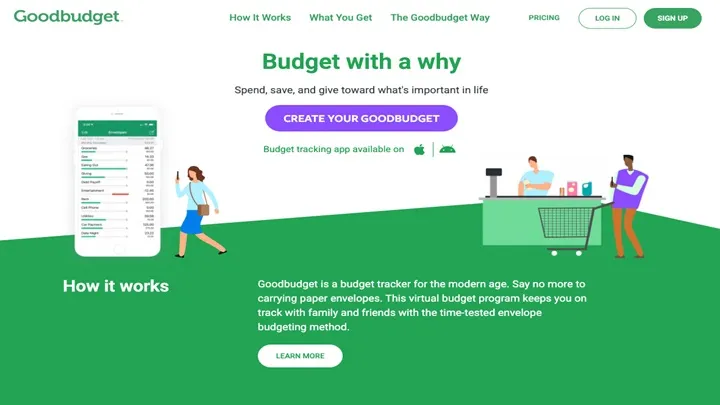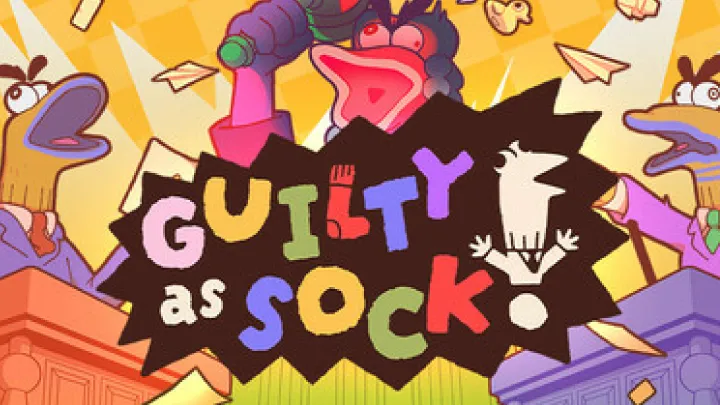Healthy living in 2025 looks remarkably different from just a few years ago. As technology advances, so too does our ability to understand, monitor, and enhance our nutritional habits. From AI-driven food tracking to personalized meal planning powered by genetics, food and nutrition apps are shaping the way people eat, shop, and live.
No longer confined to static calorie counters, today’s nutrition platforms leverage artificial intelligence, machine learning, augmented reality, and microbiome analysis to deliver truly customized guidance. These innovations are helping people prevent chronic diseases, achieve fitness goals, and develop sustainable lifestyles.
In this article, we’ll explore the top 10 food and nutrition apps of 2025 that are revolutionizing healthy living. Each app highlights a unique angle—whether it’s real-time nutrient tracking, AI meal planning, or sustainability-focused shopping tools. Together, they represent the future of nutrition in a tech-driven world.
1. MyFitnessPal Pro 2025: Smarter Tracking for Everyday Health
MyFitnessPal has been a household name in food tracking for years, but in 2025, its Pro version is a completely reimagined health companion.
Key Upgrades
Instead of just logging meals, the app uses image recognition AI to scan food items instantly and provide nutrient breakdowns. Integration with wearable devices ensures that calorie counts are synced with real activity data for unmatched accuracy.
Why It Matters
For students, busy professionals, or anyone seeking balance, MyFitnessPal Pro 2025 has become the gold standard for nutrition tracking, removing the tediousness of manual entry and promoting sustainable long-term health.
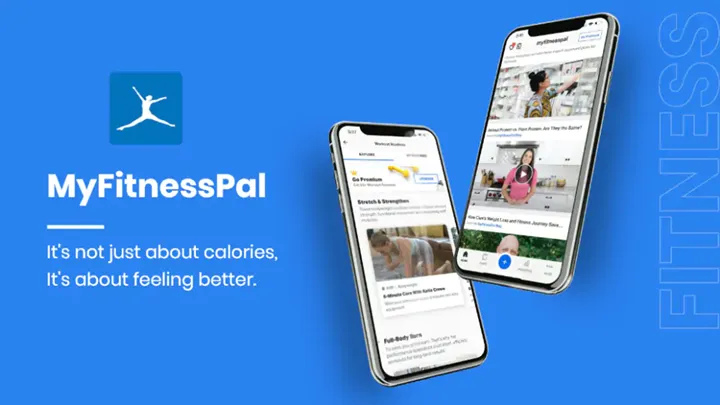
2. Yazio AI: Personalized Nutrition Meets Genetic Data
By 2025, Yazio AI has taken personalized nutrition to another level by integrating genetic data and microbiome analysis. Users can connect DNA kits and gut health reports to receive hyper-customized meal plans.
The Breakthrough
This app identifies how an individual’s body responds to carbs, fats, and proteins. It also factors in allergies, food intolerances, and chronic conditions like diabetes or hypertension.
User Impact
For people struggling with one-size-fits-all diets, Yazio AI provides evidence-based personalization, making healthy eating achievable and enjoyable.
3. Cronometer Elite 2025: Precision Nutrition for Biohackers
Cronometer Elite remains the go-to app for people who want to dive deep into their nutrition data. With lab result integration, wearable syncing, and micro/macro tracking, it caters to biohackers, athletes, and those managing chronic conditions.
Advanced Features
- Tracks over 80+ micronutrients
- Syncs with continuous glucose monitors (CGMs)
- AI health recommendations based on long-term data
Why It’s Popular
In 2025, as people grow more interested in preventive health, Cronometer has become the ultimate tool for those who want complete visibility into how food impacts their body.
4. Noom 2.0: Psychology Meets Nutrition
Noom has always focused on the psychological side of eating, but in 2025, Noom 2.0 blends behavioral science with cutting-edge AI coaching.
The New Approach
Noom now provides real-time habit correction using data from smart devices. If a user skips meals or overeats, the app proactively delivers suggestions or mindfulness practices.
Why It Works
Noom 2.0 bridges the gap between mental wellness and physical health, making it one of the most holistic nutrition apps available today.
5. Lifesum Premium 2025: Meal Planning for Modern Lifestyles
Meal planning has always been a struggle, but Lifesum Premium 2025 makes it effortless. With AI-driven recipe recommendations, grocery list automation, and carbon footprint tracking, it caters to both health and sustainability.
Key Additions
- AI-tailored weekly meal plans
- Sustainability scores for meals
- Family-friendly planning for group households
Who Benefits Most
Lifesum is perfect for families, eco-conscious consumers, and busy professionals who want healthy meals without endless research.
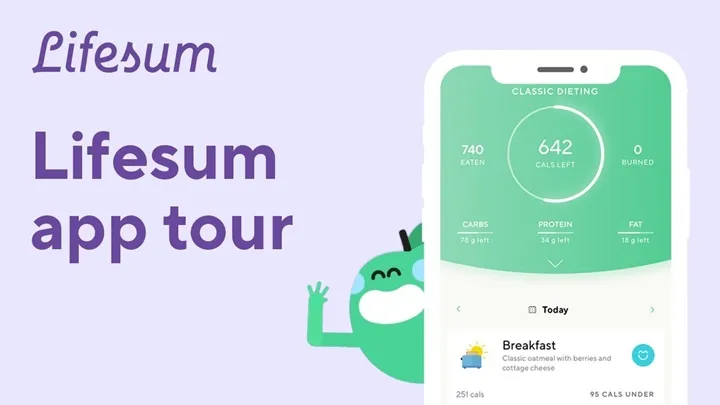
6. Ate Food Journal: Mindful Eating Reinvented
Unlike calorie-counting apps, Ate Food Journal 2025 focuses on mindfulness and emotional connections with food. Users log meals through photos, reflecting on how the food makes them feel rather than just what it contains.
Core Idea
It’s not just about “what you eat” but why and how you eat. Ate encourages journaling habits, mindful pauses, and accountability through social circles.
Modern Relevance
As stress and emotional eating continue to affect millions, Ate is a gentle yet powerful app that transforms eating into a mindful practice.
7. PlateJoy 2025: AI Nutritionist at Home
PlateJoy specializes in personalized meal planning that adapts to a user’s health conditions, fitness goals, and family needs.
Cutting-Edge Enhancements
In 2025, PlateJoy includes AI-driven coaching sessions that can adjust meal plans in real time. Integration with grocery delivery services means users receive ingredients at their doorstep.
Why It’s Revolutionary
PlateJoy has effectively become a virtual nutritionist—bridging the gap between digital convenience and professional health coaching.
8. Nutrino Health: Medical Nutrition at Scale
Nutrino Health 2025 focuses on the intersection of nutrition and medicine. Designed with healthcare providers, it helps patients manage chronic illnesses like diabetes, heart disease, and obesity.
How It Works
Users can share nutrition data directly with doctors, who then make adjustments in treatment plans. The app also provides meal recommendations aligned with prescriptions.
Impact on Healthcare
As preventive medicine gains momentum, Nutrino Health has become a critical tool for patients and medical professionals alike.
9. Foodvisor AR 2025: Visual Nutrition Coach
Food logging can be tedious, but Foodvisor AR 2025 makes it exciting with augmented reality features. Users can scan a plate with their smartphone, and the app instantly identifies foods and portion sizes.
Features
- AR-powered portion analysis
- Nutrition breakdown within seconds
- AI-driven tips for healthier swaps
Why Users Love It
It transforms the once-annoying process of calorie tracking into a fun, futuristic experience.
10. EatOkra 2025: Food, Culture, and Community
EatOkra, originally designed to connect people with Black-owned restaurants, has evolved into a nutrition and community hub.
Evolution in 2025
It now combines healthy eating tips, cultural recipes, and local business support. The app fosters both wellness and inclusivity.
Broader Significance
EatOkra 2025 highlights how nutrition apps can also become platforms for cultural celebration, social impact, and healthier living.
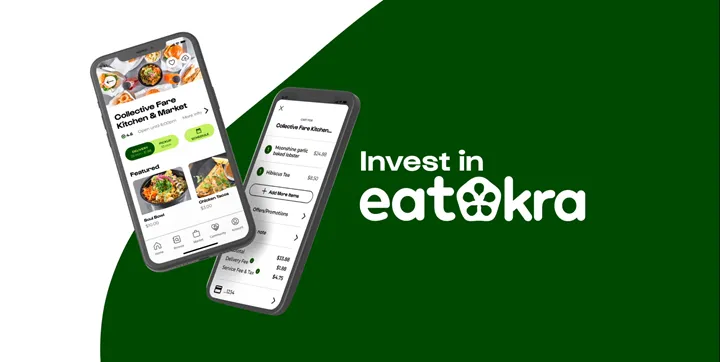
Conclusion
The top 10 food and nutrition apps of 2025 demonstrate how far digital health tools have come. From AI-powered food analysis to apps that blend psychology, mindfulness, and cultural awareness, these platforms are not just helping people eat better—they are transforming the very meaning of healthy living.
For some, like Cronometer Elite, precision data makes all the difference. For others, Ate Food Journal or Noom 2.0 provide the mindfulness tools needed to develop healthier habits. Families benefit from Lifesum Premium and PlateJoy, while medical patients find value in Nutrino Health.
In essence, nutrition apps in 2025 have become holistic lifestyle companions. They go beyond diet to address physical health, mental wellness, sustainability, and community. The future of healthy living is digital—and it’s more personalized, interactive, and impactful than ever.
